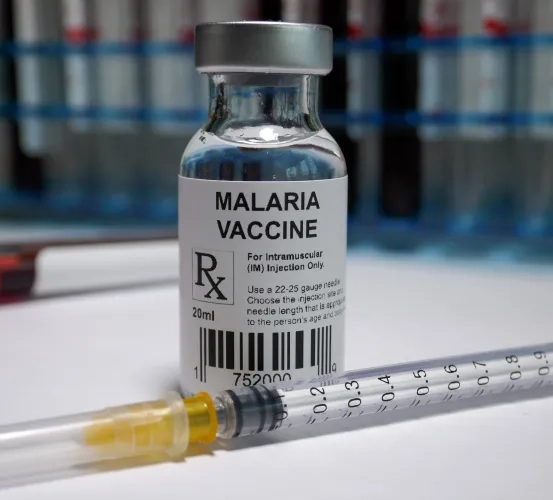
Natural History Study of CADASIL

A Phase 1 Randomized, Double-Blind, Placebo-Controlled, Single-Ascending Dose Study to Evaluate the Safety, Tolerability and Pharmacokinetics of Intravenous ZMA001 in Healthy Subjects

Mediterranean-like Unprocessed (CLEAN-MED) Diet Intervention Study of the Gut Microbiome of Healthy Adults

An Observational Study of the Developing Brain, Impulsivity and Compulsivity
Do you... Find yourself constantly checking things? Spend lots of time ordering your belongings? Have unusual rituals or habits that seem unnecessary? Do you blurt out comments at inappropriate times, interrupt conversations or speak out of turn or feel you are overly impulsive? The National Human Genome Research Institute (NHGRI) is conducting an outpatient research study on the links between compulsivity, impulsivity and the developing brain in children and young adults.

Infant Research Opportunity
Researchers at the National Institutes of Health (NIH) are studying how infants' brains change as they learn new motor skills. Results may assist with better treatment methods for Cerebral Palsy.

Collection and Storage of Umbilical Cord Hematopoietic Stem Cells for Sickle Cell Disease Therapy

Join the Movement to End Malaria! Volunteer for Our Vaccine Study

The NIH Mini Study: Metabolism, INfection and Immunity in Inborn Errors of Mitochondrial Metabolism


